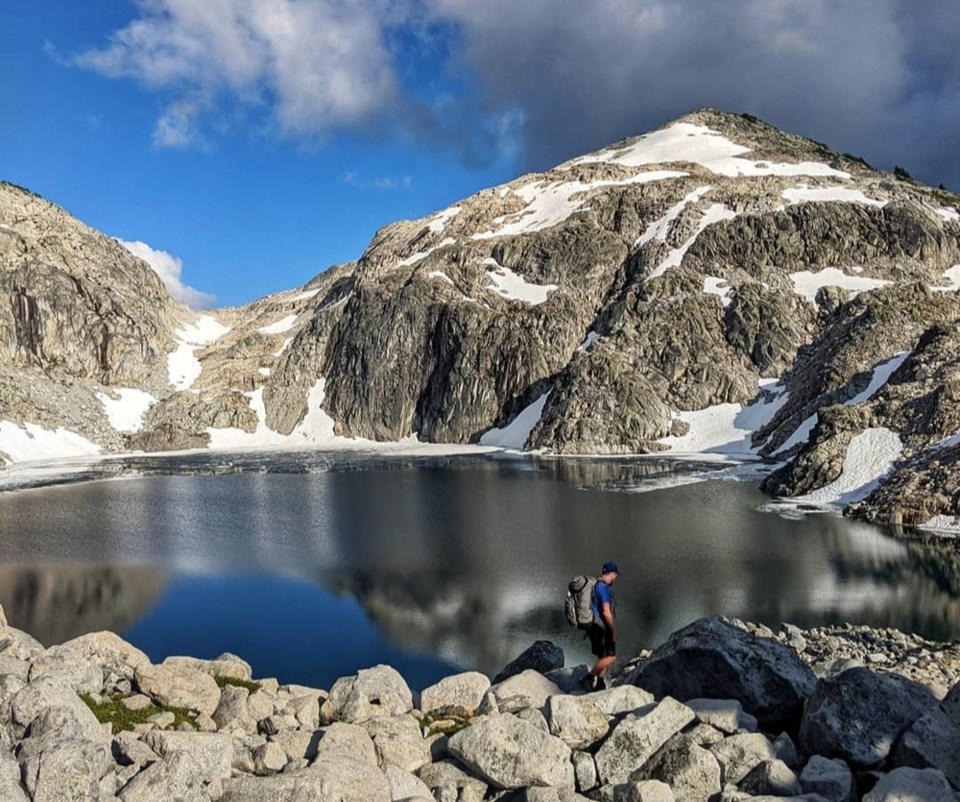A significant number of British Columbians say a disability has kept them from exploring the outdoors, says a new poll. The top culprits: a lack of washroom and parking facilities.
The survey, carried out by Ipsos on behalf of the Outdoor Recreation Council of BC (ORCBC), found that while 70 per cent of British Columbians have participated in outdoor recreation in the past year, one in 10 were prevented from doing so because of a disability.
“That’s a real problem,” said Louse Pedersen, executive director of ORCBC. “That means in some cases they’re maybe housebound.”
“There’s really a lack of basic facilities.”
The highest rates of participation in outdoor recreation were found among younger people between 18- and 34-years-old (91%), males (75%), those with children (79%) and who have annual household incomes over $100,000 (79%).
On the other hand, those least likely to participate in outdoor activities were over 55 (49%), females (65%), and who had an annual household income of $40,000 or less (56%).
Despite those gaps, more than 90 per cent of respondents said outdoor recreation was important for their mental and physical health — something that has led health professionals across Canada increasingly to patients.
A similar proportion said getting outside helped them appreciate nature and spend time with their family and friends.
“Eighty-five per cent of people who would like to participate would like to see more investment in trails, more signage, more outhouses, more garbage containers and access roads,” said Pedersen. “They want to see change.”
“We’ll be sure to raise that with decision-makers.”
The ORCBC is an umbrella organization representing over 60 outdoor user groups in B.C., from paddlers, hikers and mountain bikers to mountaineers, equestrians and sport fishers. In the past, it has consistently criticized the B.C. government for failing to invest in provincial parks and trail networks adequately.
The latest poll results come a day before when people throughout the province come together to clean and improve trails or take part in guided bird or wildlife watching trips.
But the survey results show that interest in the outdoors is not limited to a single day or even a minority of British Columbians.
Three-quarters of B.C. residents said access to outdoor recreation was a guiding factor in where they chose to live.
Despite intentions to explore nature, another four out of 10 people said a lack of time prevented them from getting outside. An equal share said washroom availability and parking were top concerns.
More than a quarter said difficulties booking campsites and overcrowding were some of their top concerns. And one out of five said cost was a major barrier.
Pedersen said the poll shows outdoor recreation is part of the fabric of most British Columbians’ lives but that the province’s recreational landscapes are not getting the investment they deserve.
Pedersen says outdoor recreation also has significant economic value, something the ORCBC hopes to quantify in the coming year with a major study into how, where and what kind of recreation habits British Columbians and visitors to the province take part in.
The organization has submitted a proposal to the provincial government to do that but has yet to hear back.
“Unlike the mining or logging sector, we just don’t have the resources to collect this information,” said Pedersen.
“We’re at such a disadvantage.”
The survey — the first of its kind in over a decade — polled 800 adult British Columbians from May 26 to May 30, 2022. To get a representative sample, the participants were statistically weighted based on region, age, gender and education. The results have a margin of error within plus or minus four percentage points.



